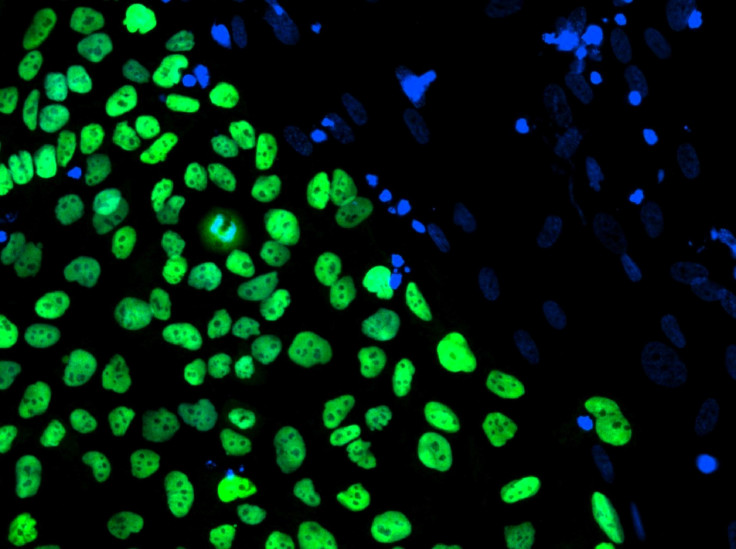Stem Cells Could Help Repair Irreversible Damage To Heart: Researchers

Researchers at the Imperial College of London claim to have identified the cure that could actually mend a broken heart. According to the scientists, a particular type of stem cell can help fix heart muscles damaged by a heart attack.
Although much progress has been made in the field of regenerative medicine with the advent of stem cell therapies, scientists across the world have been trying to figure out the stem cell combinations that could potentially be used for specifically targeted organs. However, the research team at Imperial College seems to have figured out what could work for a damaged heart.
The scientists conducted their research on mice with damaged heart muscles. The mice were treated with stem cells. At the end of 12 weeks, the researchers discovered that a significant proportion of the damaged heart muscles were repaired by the stem cells. The strengthened muscles were found to have decreased the risk of heart failure, as compared to the control group of mice who were not treated with stem cells.
The researchers also identified a type of protein, called PDGFR alpha, on the surface of stem cells that possess the heart-repairing properties. The team then isolated, purified, and multiplied the protein so that the multiple copies can be injected into the damaged heart muscles.
“When we injected stem cells with this protein into damaged hearts, we saw a significant level of heart repair. Now that we know which stem cells to use, we want to find their equivalent in human hearts for more efficient heart repair and regeneration after heart attacks,” lead researcher Michale Schneider said.
The research has been published in the journal Nature Communications.
Contact the writer at emailtoguneet@gmail.com.
© Copyright IBTimes 2024. All rights reserved.



















